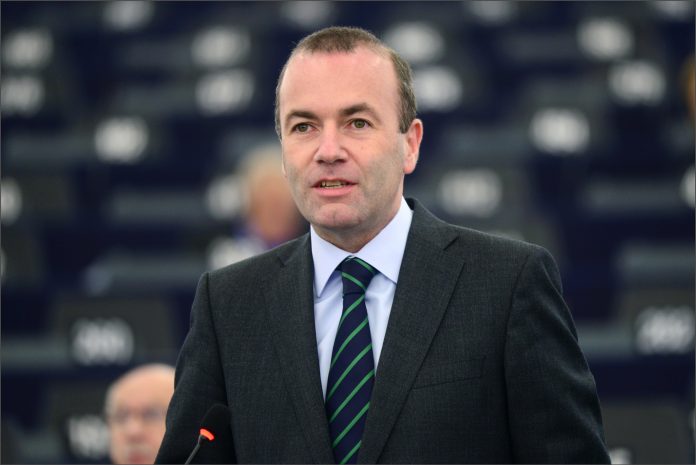The European Parliament agreed on January 15 that progress has been made in Brexit negotiations, but MEPs stressed the hardest part of the talks is yet to come.
In a debate with European Council President Donald Tusk and Commission President Jean-Claude Juncker on December’s European Union summit conclusions, MEPs cautioned the UK government not to take a Brexit transition deal for granted, and highlighted the need to formalise the withdrawal agreement as fast as possible.
”Brexit will become a reality, with all its negative consequences, in March next year, unless there is a change of heart among our British friends,” Tusk told lawmakers in Strasburg. “We here on the continent haven’t had a change of heart. Our hearts are still open to you.”
Juncker followed suit, saying: “He said that our door is still open. I hope this is heard in London.”
In turn, the MEPs called on the UK government to lay out clearly its vision for the country’s desired future relationship with the EU, avoiding apparently celebrated priorities such as the colour of passports, which it was always free to choose. Some MEPs made it clear that no status outside the EU ever be as good as full EU membership.
Parliament’s Brexit coordinator Guy Verhofstadt stressed the need for guarantees regarding residence application procedures for EU citizens wishing to live in the UK in the future, stressing that the new residence status proposed by the UK should not come into force until the end of the transition period.
As reported by the Reuters news agency, senior MEPs were generally scathing about British Prime Minister Theresa May’s plans for Brexit. The leader of the centre-right group, an ally of German Chancellor Angela Merkel, mocked her announcement that British passports would go back to being blue after Brexit as opposed to the red used by most EU states.
“The whole story is a scam,” said Manfred Weber, denouncing a “lack of leadership” and of “honesty” in portraying the move on passport colour as a restoration of sovereignty. No EU law binds member states to red passports, and fellow member Croatia uses blue ones.”
According to a report in The Independent, May was ridiculed in the European Parliament after her government took credit for two major positive new EU regulations in the space of a week – without mentioning where the laws had come from.
May spent part of last week hailing the introduction of a ban on credit card charges, as well as mandatory fees for plastic bags in shops, as a win for consumers and the environment.
Guy Verhofstadt, the European Parliament’s Brexit coordinator, said there was clearly “widespread” confusion in Britain over the role of the EU.
“I see the confusion is a little bit widespread in Britain at the moment. Michael Gove for example has forgotten that the ban on plastic bags is an EU regulation,” he told lawmakers in Strasbourg.
“The Prime Minister, Mrs May, doesn’t know, apparently that the abolition of charges on credit cards is a consequence of a directive of the EU.”

